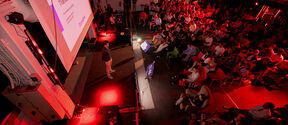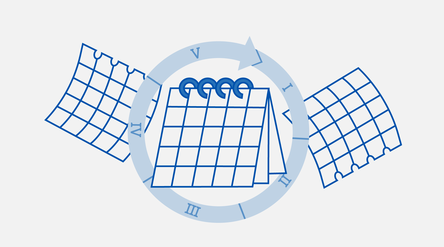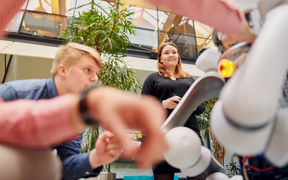Tuition fees
Tuition fee for tuition-fee students in this programme:
- Study right started on or before 1 August 2024: 15,000 EUR / academic year
- Study right started on or after 1 August 2025: 17,000 EUR / academic year
For more information, please see the Tuition fees and scholarships webpage in the Student Guide.














